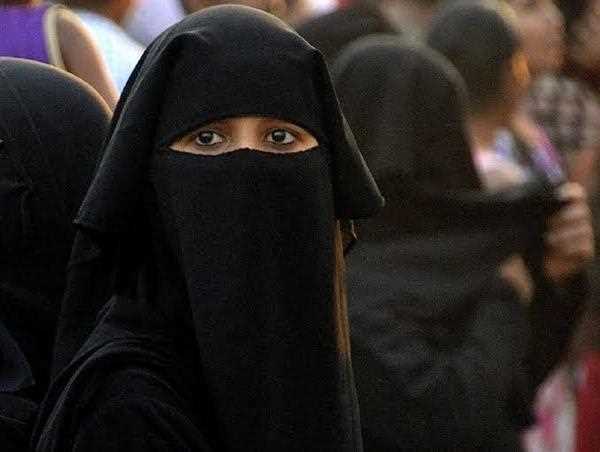The statement that the growing population of Muslims in India is very dangerous is a subjective and flawed assertion. It is important to approach such claims with caution and examine them based on factual information and a nuanced understanding of population dynamics and social harmony.

India is a diverse country with a long history of coexistence among various religious and ethnic communities. The Muslim population in India is indeed growing, but it is essential to recognize that population growth is a natural demographic phenomenon influenced by various factors such as birth rates, mortality rates, and migration patterns. It is incorrect and unfair to label the growth of any religious community as inherently dangerous.
In a democratic and secular country like India, the government is constitutionally obligated to protect the rights and freedoms of all its citizens, regardless of their religious affiliation. India's Constitution guarantees equal rights, religious freedom, and protection against discrimination to all its citizens, including Muslims. There are laws in place to safeguard the rights and interests of religious minorities, promoting social harmony and inclusivity.
It is crucial to separate the actions of a few individuals or extremist groups from the entire Muslim population. Acts of violence or extremism committed by a small fraction of individuals should not be generalized to an entire community. Such generalizations perpetuate stereotypes, fuel division, and undermine the principles of communal harmony and social cohesion.
India's strength lies in its diversity, and the peaceful coexistence of multiple religious and ethnic communities is a testament to this. Many Muslims in India actively contribute to the country's development and are an integral part of its cultural, social, and economic fabric. They have made significant contributions in various fields, including arts, literature, science, business, and politics.
Promoting understanding, dialogue, and empathy among different communities is crucial for maintaining social harmony and countering divisive narratives. It is the responsibility of citizens, community leaders, and the government to foster an environment of mutual respect, tolerance, and inclusivity. Efforts should be made to address any grievances, bridge cultural gaps, and promote unity among all sections of society.The statement that the growing population of Muslims in India is very dangerous is a subjective and flawed assertion. It is important to approach such claims with caution and examine them based on factual information and a nuanced understanding of population dynamics and social harmony.
India is a diverse country with a long history of coexistence among various religious and ethnic communities. The Muslim population in India is indeed growing, but it is essential to recognize that population growth is a natural demographic phenomenon influenced by various factors such as birth rates, mortality rates, and migration patterns. It is incorrect and unfair to label the growth of any religious community as inherently dangerous.
In a democratic and secular country like India, the government is constitutionally obligated to protect the rights and freedoms of all its citizens, regardless of their religious affiliation. India's Constitution guarantees equal rights, religious freedom, and protection against discrimination to all its citizens, including Muslims. There are laws in place to safeguard the rights and interests of religious minorities, promoting social harmony and inclusivity.
It is crucial to separate the actions of a few individuals or extremist groups from the entire Muslim population. Acts of violence or extremism committed by a small fraction of individuals should not be generalized to an entire community. Such generalizations perpetuate stereotypes, fuel division, and undermine the principles of communal harmony and social cohesion.
India's strength lies in its diversity, and the peaceful coexistence of multiple religious and ethnic communities is a testament to this. Many Muslims in India actively contribute to the country's development and are an integral part of its cultural, social, and economic fabric. They have made significant contributions in various fields, including arts, literature, science, business, and politics.
Promoting understanding, dialogue, and empathy among different communities is crucial for maintaining social harmony and countering divisive narratives. It is the responsibility of citizens, community leaders, and the government to foster an environment of mutual respect, tolerance, and inclusivity. Efforts should be made to address any grievances, bridge cultural gaps, and promote unity among all sections of society.